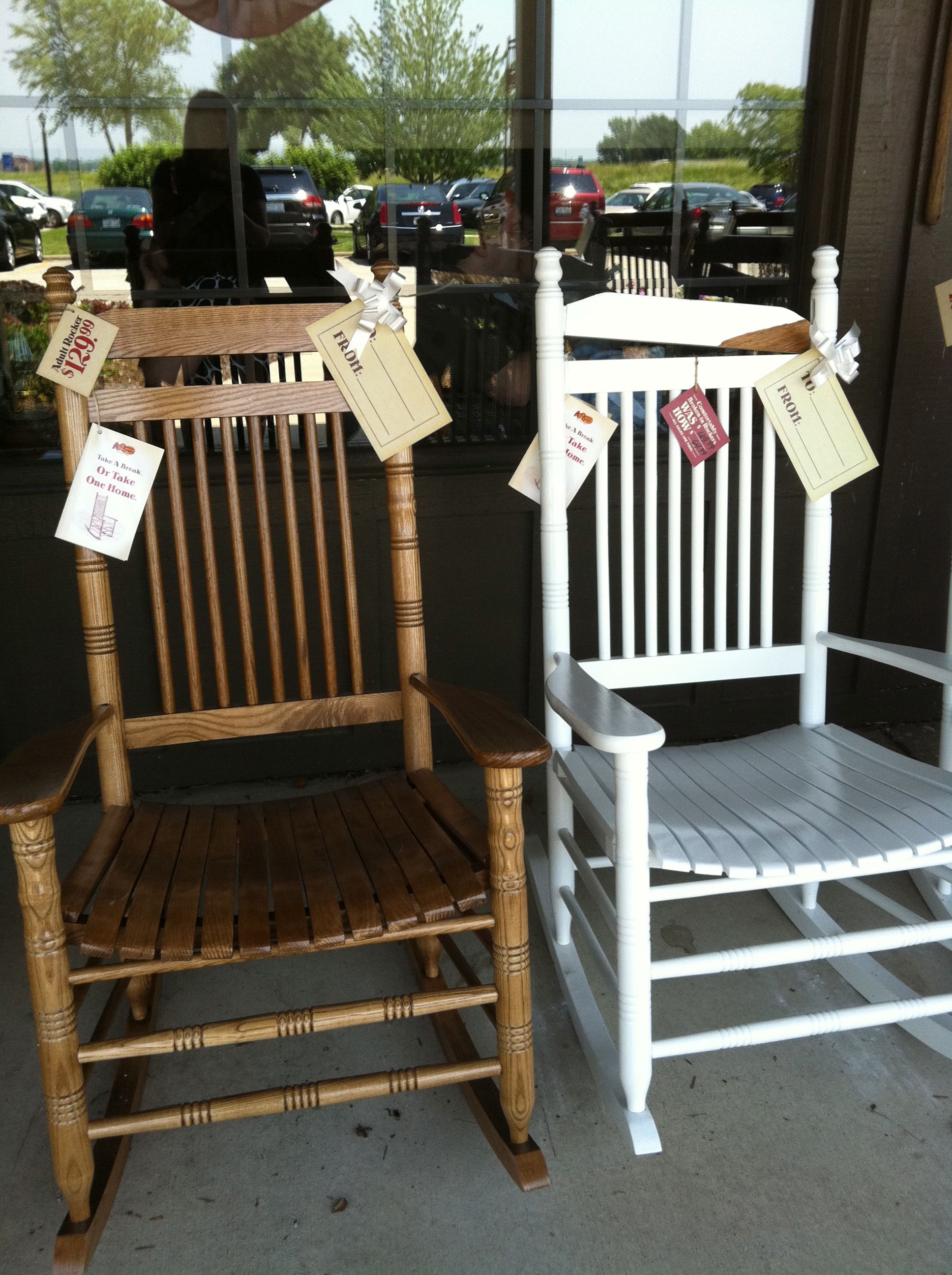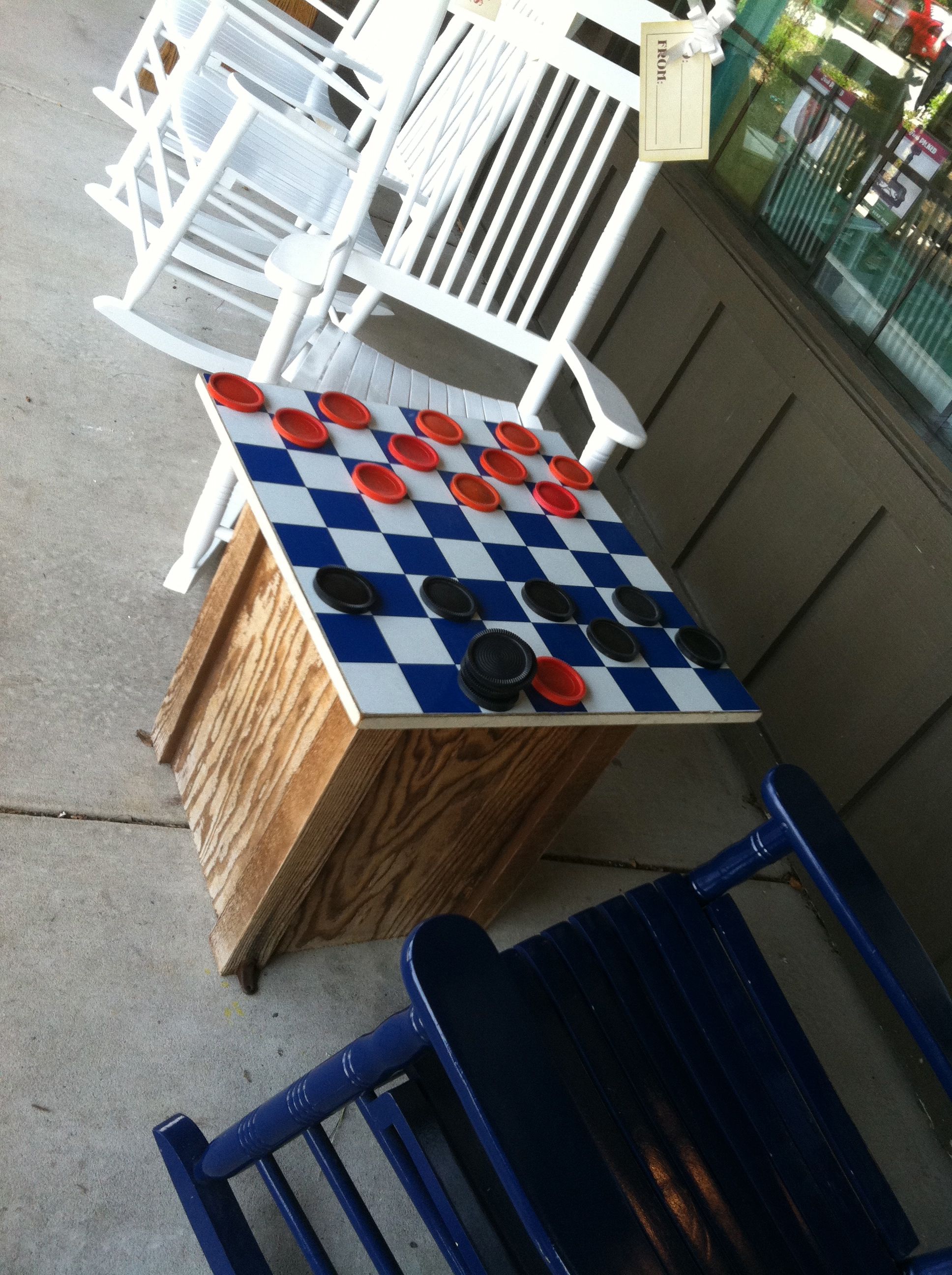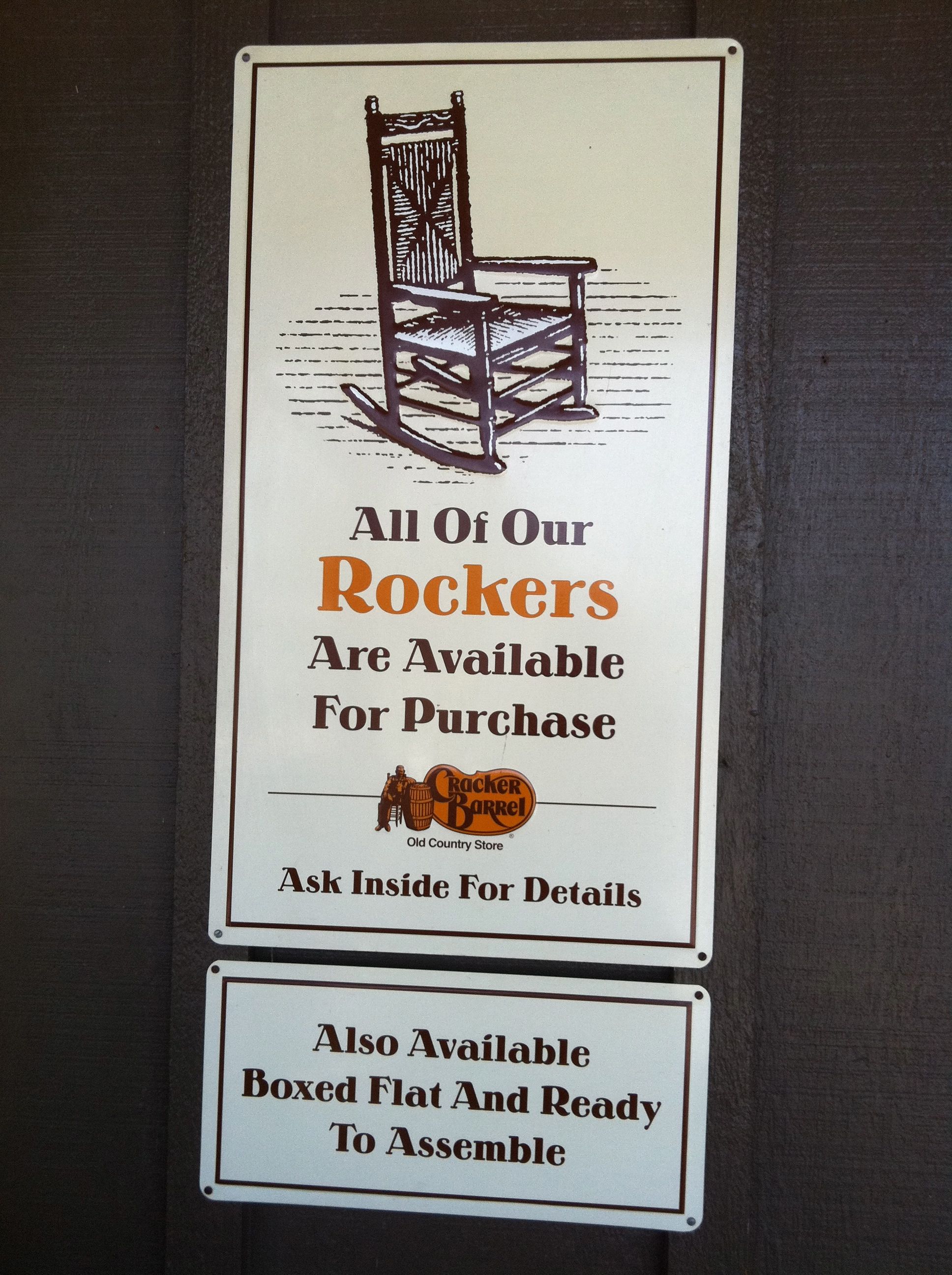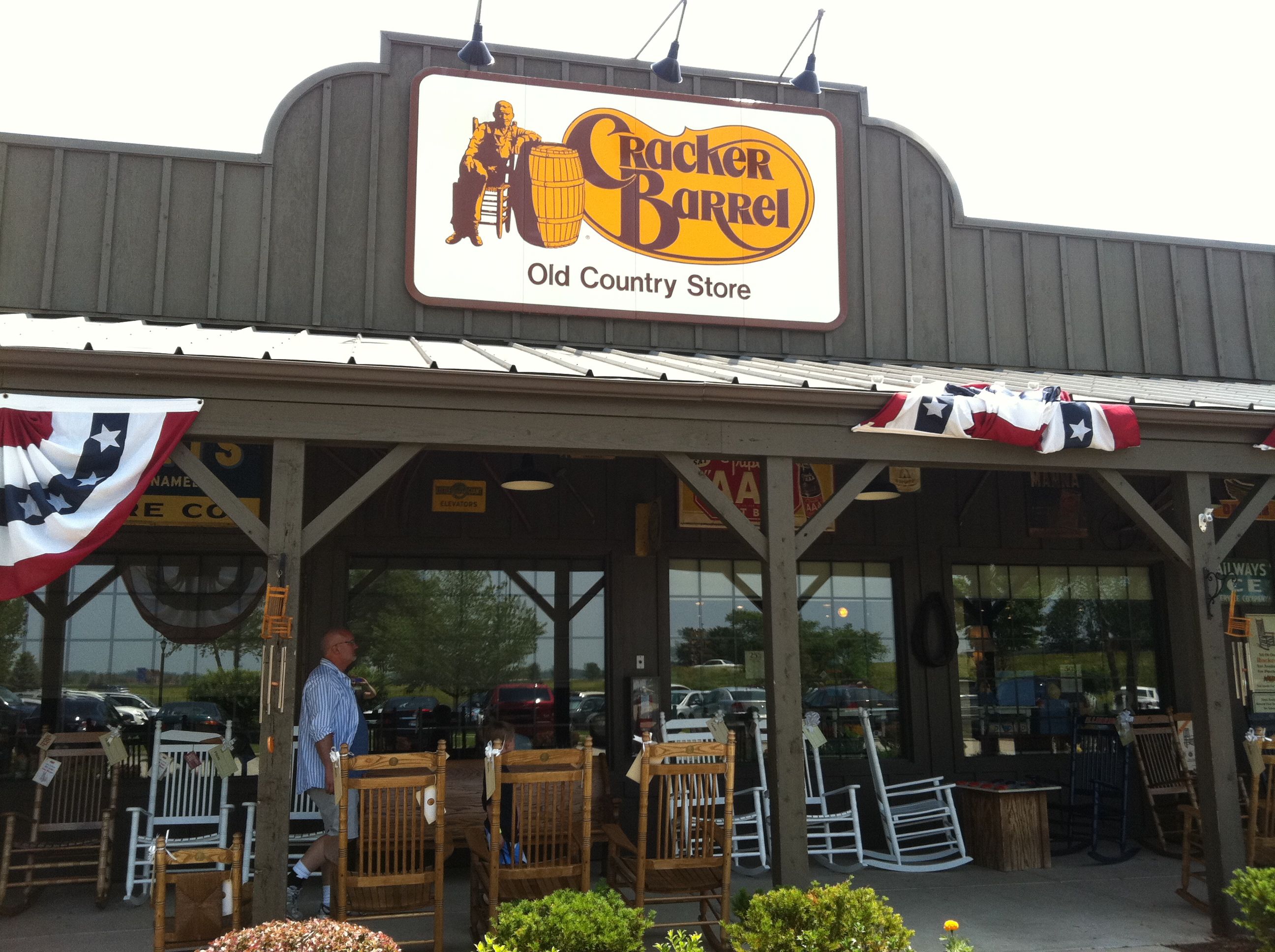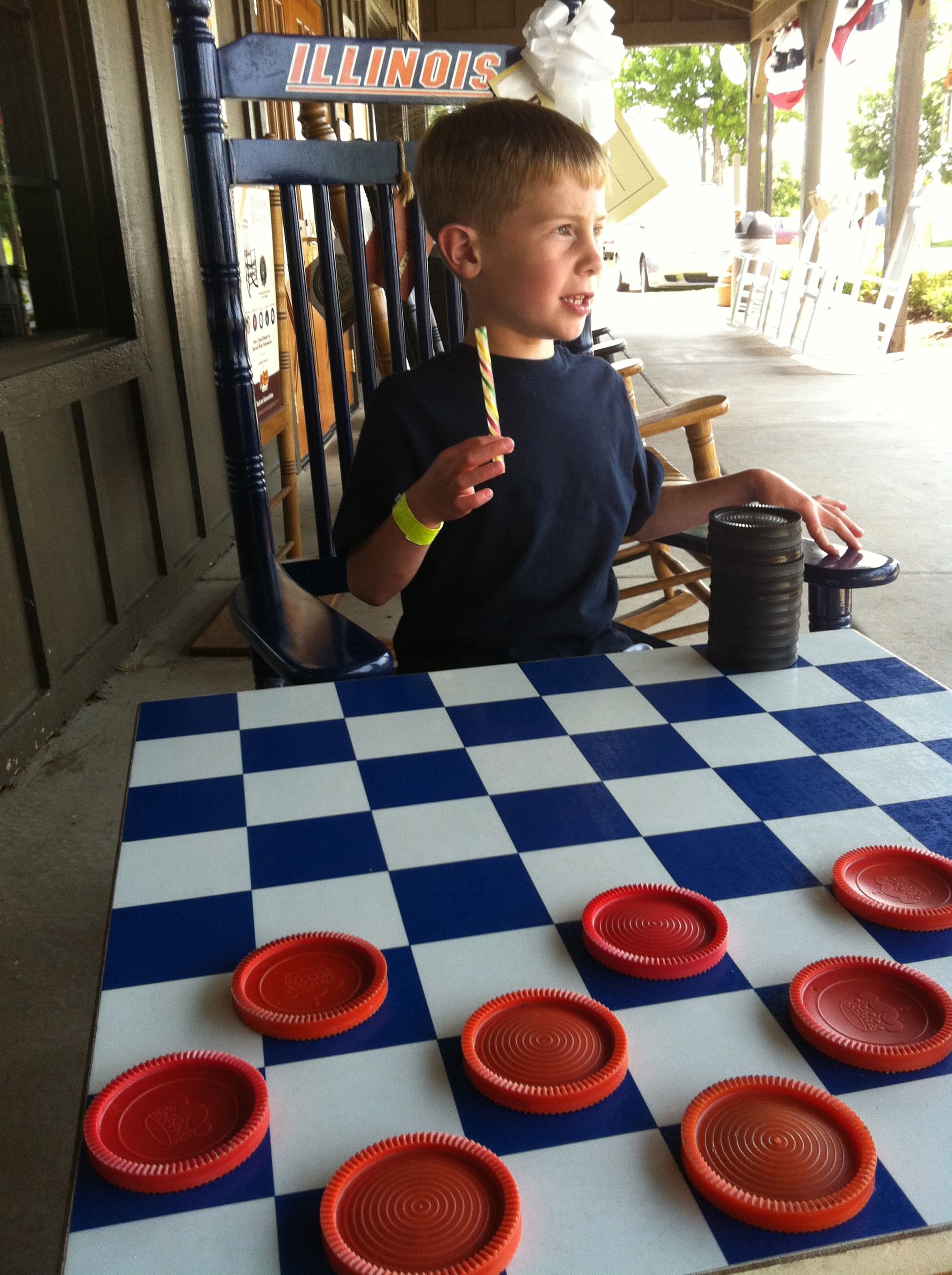
What if you lost something.
Or it lost you. You knew it was lost when you left it, but you didn’t know the full measure of what the leaving meant.
Once you grasped the leaving and the loss, it was too late. There was no going back. You were certain you would never find it again and it would never find you.
Then one day, quite by surprise, there it was. You could see it in the distance. And all you could think was how to get to it.
Put on your red shoes and click your heels. It’s time to go home.
* * *
One Wednesday morning last October, I rounded the corner onto my street. Something was out of place. My husband’s truck was in the driveway.
A little background: my husband’s marketing prowess helped the company where he had worked in St. Louis to sell out of their product all three years he was there. That success in turn attracted a buyer to purchase the company. My husband was wooed to Wichita, family in tow, to lead marketing at the acquiring company. He was supposed to be at work, but he met me at the door.

“What’s wrong?” I said. “Are you sick?”
“No.”
“Did you get laid off?”
“Yes.”
We’d been nine months in Wichita. Enough time to uproot a family, plop them down on the flat prairie of Kansas, cycle them through homesickness, new schools, new churches, new grocery stores, positive performance reviews, and one nasty tornado. Nine months in Wichita and they cut him loose.
I bought my ruby slippers when he still had a job. Little did I know, they were ripe for this journey.
* * *
Within weeks, colleagues called upon my husband as a consultant. This comes as no surprise to me. He’s a creative, strategic thinker. A rainmaker. A walking encyclopedia of agriculture. A good man who’s really good at what he does. We thought consulting would be a temporary gig, but he enjoys the work and he’s doing well. Maybe he’ll just keep right on building his business.
Wichita is not our home. Without the job, there’s nothing to keep us here. But where to go? Home of course. And where is that?

Home for us is a toss-up between Missouri and North Carolina. We love them both. We didn’t expect to have to choose. Not now, anyway. The last seven months have been a roller coaster blur of weighing good options against each other and agonizing over what to do.
All that is about to end.
We’re surrendering to our inner South. Moving back to sweet tea and barbecue. Home to where we met and married.
Friends and family wait with open arms and long drawls. Fireflies and tadpoles, tall pine trees and dolphins arching out of the Atlantic at dawn—I like to think they wait for us, too.
We’ve coaxed our son with tales of your finest, North Carolina. There’s no place like home.
Even the sparrow has found a home,
and the swallow a nest for herself,
where she may have her young—
a place near Your altar,
Lord Almighty, my King and my God.
Blessed are those who dwell in Your house;
they are ever praising You. Psalm 84:3-4 NIV
Carolina In My Mind by sweet baby James Taylor.
Plans for our move are about to take over my life.
Please bear with me. I’ll blog when I can!


